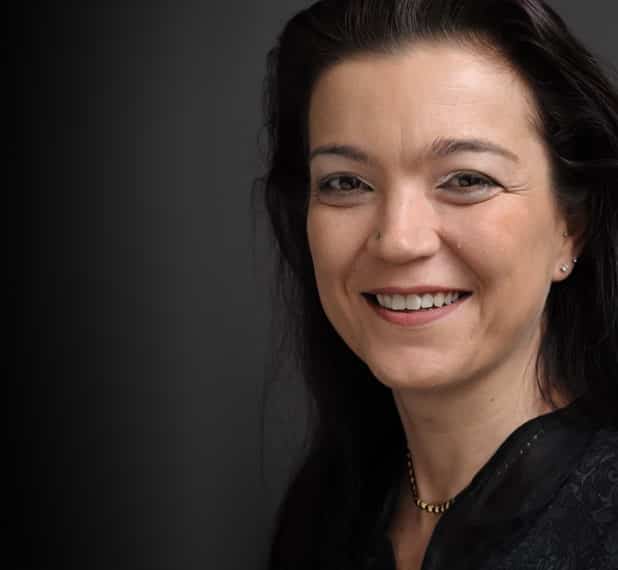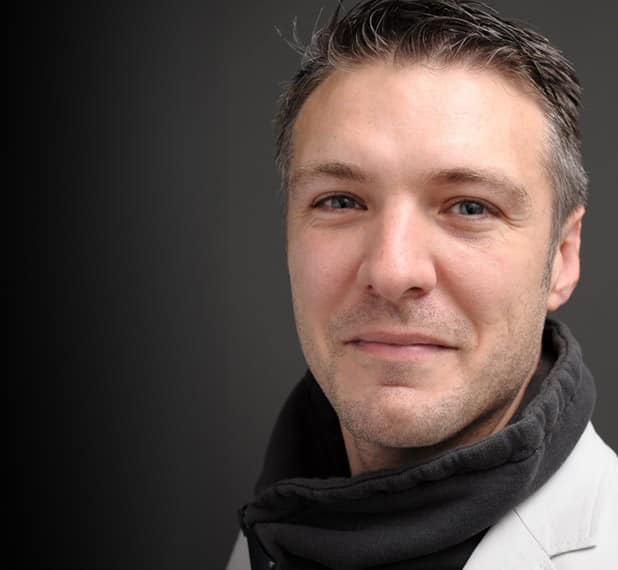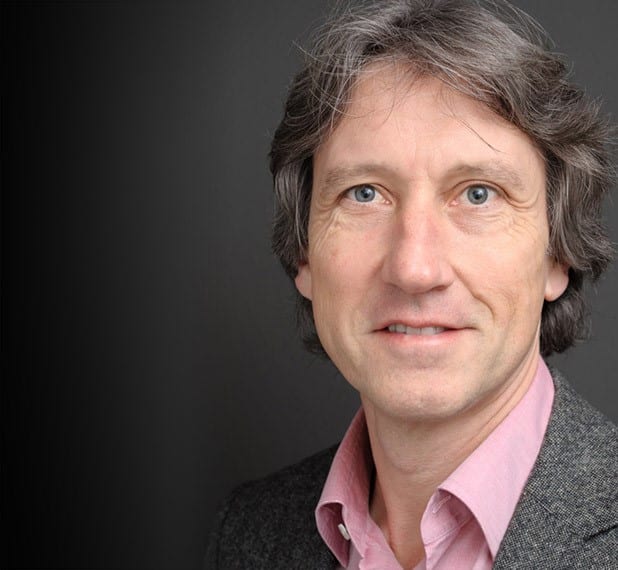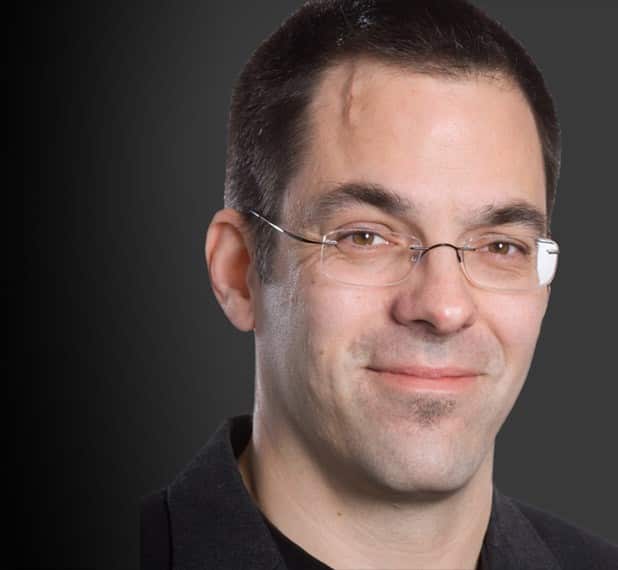Meteorology studies the earth's atmosphere to improve the understanding of its processes and enable researchers to make predictions. During your MSc great importance is placed on the practical phase of your Master's thesis where you observe and measure processes taking place in the atmosphere and evaluate the data using mathematical methods.
Studying meterology at the Institute for Atmospheric Physics includes getting familiar with a variety of physical, chemical and biological processes in the atmosphere. Our students learn about the mechanisms behind the earth's climate, severe weather, precipitation and countless further phenomena within the atmosphere.
Furthermore, they gain basic knowledge about dynamic processes allowing weather events to be transported e.g. from America to Europe, while East Asia's weather will probably never reach us.
As a small institute we offer an ideal teachers-to-students ratio. Students can contact teachers any time and get familiar with the working groups more quickly than elsewhere. Our working groups cover a wide spectrum of research topics, both of theoretical and experimental character.
The theory groups address issues of atmospheric dynamics, Rossby waves, cloud physics and convective processes, mostly adopting numerical models. The experimental working groups carry out measurements of trace gases, aerosols and cloud particles and analyze the recorded data.
During their studies, students can participate in cooperative projects with other institutions. For example, airborne measurement campaigns are carried out in close colaboration with the Max Planck Institute for Chemistry (MPIC)...
...the Alfred Wegener Institute (AWI, Bremerhaven) or the National Aeronautics and Space Research Center (DLR, Oberpfaffenhofen).
As a MSc student, you become a full member of the research community and can foster your knowledge and skills in theory and in practice, including extra-curricular training opportunities in IT, soft skills, and presentation techniques. As an aspiring scientist, you can mentor younger students and gain early publishing experience by collaborating in joint publication projects.
If you are interested in starting a career in industry, the strategic location of JGU in one of the strongest industrial hubs in Germany with multiple technolical, chemical, and pharmaceutical companies in the immediate surroundings, ensures you optimal networking and internship opportunities.
Mainz is located in the heart of the state of Rhineland-Palatinate which is known for its good wine and beautiful Rhine Valley landscape. The city offers something for every taste, including a wide range of restaurant options, shopping facilities, and recreational activities.
Other attractive destinations in Germany can be reached within a short train or car ride, including Frankfurt (30 min.), Heidelberg (1.5 hrs), Munich and Berlin (around 4 hrs).
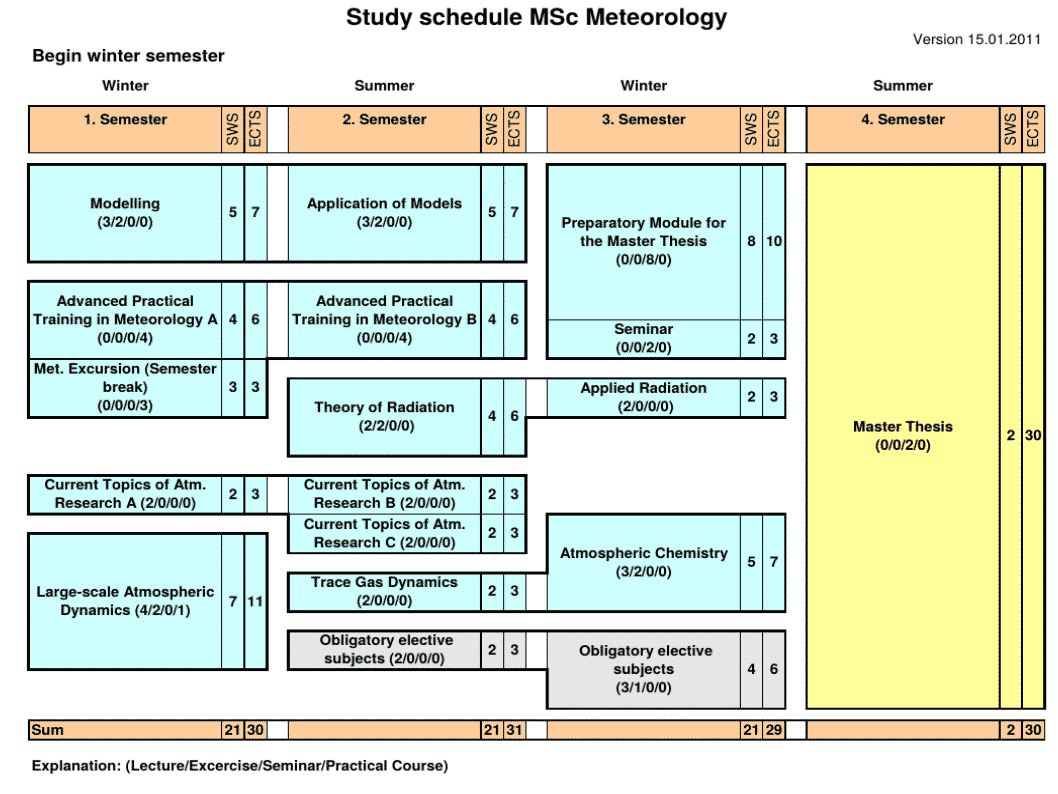
"Advanced physics studies allow you to follow your curiosity to explain the basic laws of nature."
"Concettina Sfienti on building bridges for young researchers at the new Master Academy and passing on the love of science"
"A Master’s is essential for a career in research and industry."
"As a Master’s ‘student’ at JGU, you are already treated as a researcher."
"Physics is a future-oriented field because it drives technological advancement"

